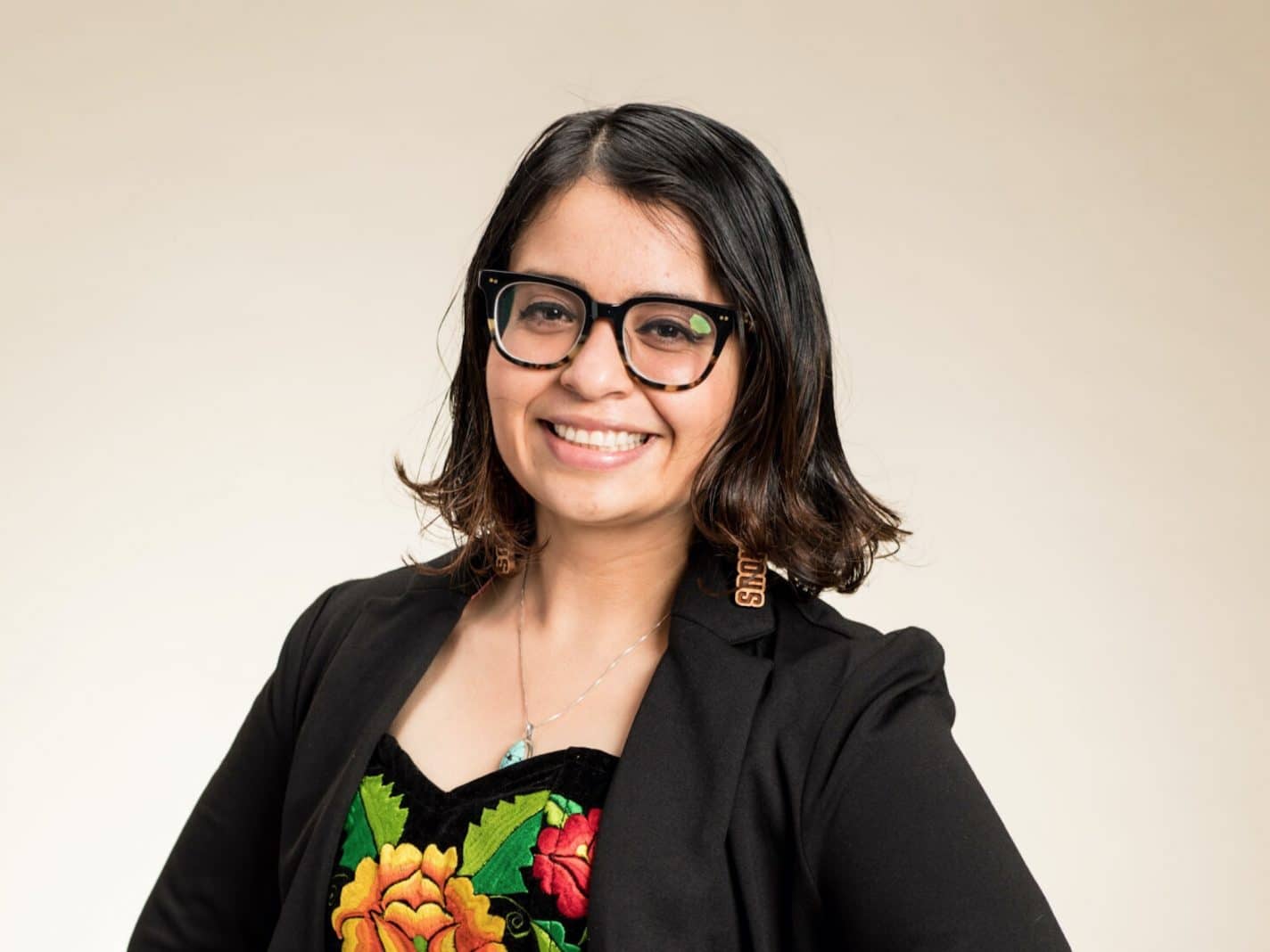Dr. Jessica Hernández, a transnational Indigenous scholar, scientist, and community advocate has been named the first Indigenous faculty member at the University of Washington to teach an introductory course in climate change. Hernández’s indigenous roots are Zapotec from Mexico and Ch’orti’ from Guatemala, Honduras, and El Salvador.
“I am excited to be the first Indigenous faculty at UW campuses to teach introduction to climate change,” Hernández tweeted last week. “I am excited [because] it is allowing me to incorporate Indigenous science in climate change – in a scientific [and] required course as opposed to an elective.”
The environmental and social impact that climate change has on the world has been more evident than ever before. Much of the burden has landed on the shoulders of indigenous communities. According to the Department of Economic and Social Affairs (DESA), climate change poses a major threat to indigenous people, although they don’t contribute nearly as much to greenhouse gas emissions as other communities.
“Indigenous peoples and the role they may play in combating climate change are rarely considered in public discourses on climate change,” DESA reports. “In fact, indigenous peoples are vital to and active in, the many ecosystems that inhabit their lands and territories and may therefore help enhance the resilience of these ecosystems.”
Now, with Hernández leading the way at her university, she hopes she can create further paths to have more voices speak about the impact that human activity has on the environment and to highlight Indigenous science and “how it differs and compliments western science.”
“Indigenous science holds on to generational knowledge that can help us curve climate change impacts,” Hernández told Remezcla. “Yet, Indigenous peoples and science is often ignored from climate science. Through this course, I am able to bring forward Indigenous science and how it differs and compliments Western science. It will allow students to understand the rich histories that are withheld within our Indigenous communities. I strongly believe all climate science courses and STEM in general, should start uplifting Indigenous science.”
